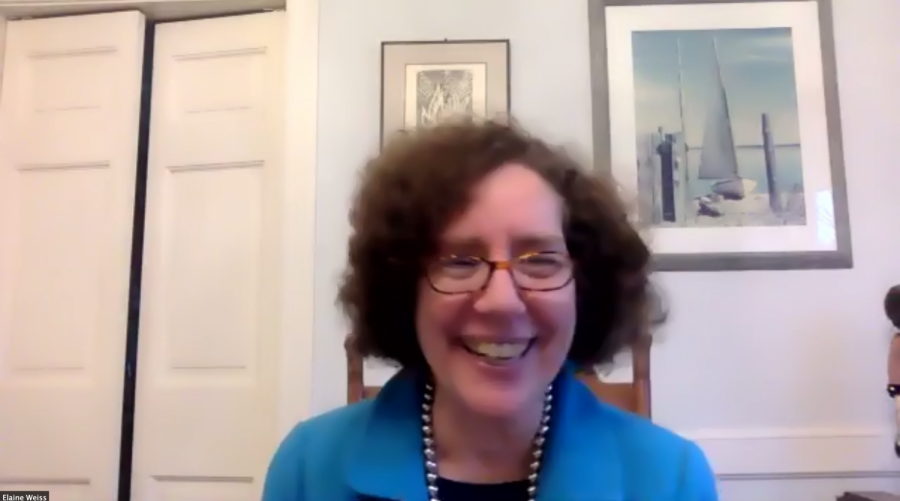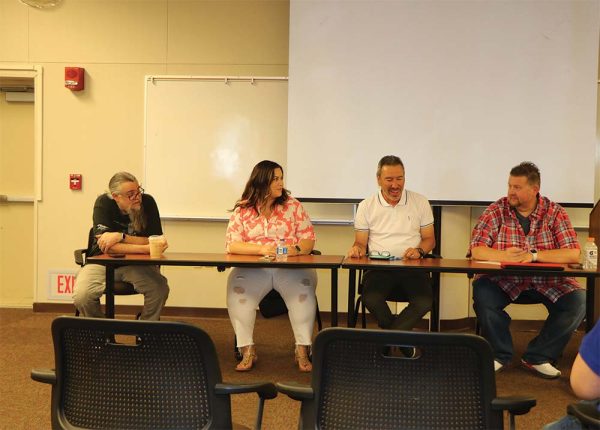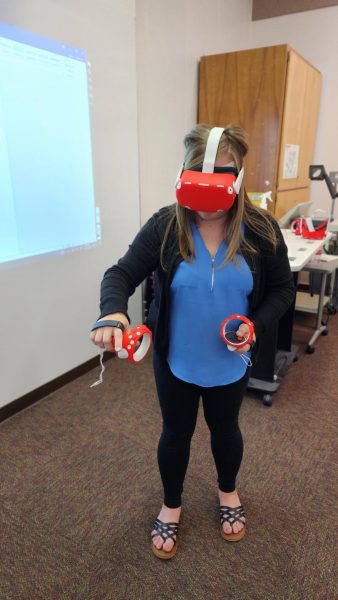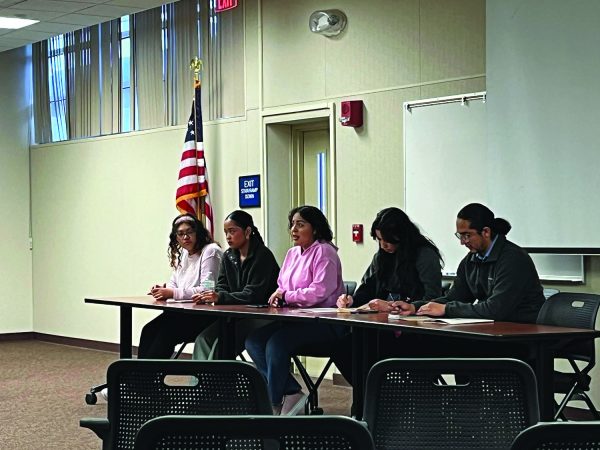BCSGA kicks off Women’s History Month with distinguished guess speaker Elaine Weiss
Journalist Elaine Weiss teaches the audience about the women’s suffrage movement and their efforts to gain the right to vote.
March 5, 2021
In honor of Women’s History Month, Bakersfield College’s Student Government Association (BCSGA) hosted a webinar via Zoom with award-winning journalist and author Elaine Weiss on March 2.
The webinar focused on women’s suffrage which Weiss wrote about in her book, “The Woman’s Hour.”
Weiss said focusing on these topics such as voting rights, protests, social justice, and citizen activists is important because they are still relevant today. She explained women’s suffrage is a good example of how change can be brought about. Even if the change is imperfect.
Weiss began by discussing how women’s suffrage is often brushed over in schools. She explained that it was a long battle, not just the Seneca Falls Convention.
Weiss explained at first, not every woman at the Seneca Falls Convention wanted to fight for the right to vote, in worries that gaining that right would be too radical. Elizabeth Stanton, a leader of the women’s rights movement, was going to give up until Fredrick Douglass, an American abolitionist, encouraged them to fight for it.
She said women organized meetings, rallies, and marches. They also started making efforts to educate others on the movement, specifically women who did not have the resources to do it themselves.
Weiss went on to say, the movement did not get by without any opposition. At marches, they were attacked by anti-suffragists. Anti-suffragist propaganda was also widespread with its main message being, women should be quiet and stay at home. Other women also opposed the movement due to their religious beliefs and racism. There was even a divide amongst members of the suffrage movement. She said the divide caused some of the party to split off and strike out on their own but the suffragist did not let up though.
Cases were taken to the Supreme Court, petitions were started, and few states granted women the right to vote. Weiss said in the end, it was up to Tennessee to allow women to vote so it would become constitutional.
Weiss saved the details of the fight so audience members could find out what happened themselves.
However, with the 19th Amendment passing, every woman still did not have the right to vote. Black women were unable to vote due to Jim Crow laws, poll taxes, literacy tests, etc. in the south. Additionally, Asian and Indigenous women weren’t yet considered citizens, thus they were not able to vote, Weiss explained. Despite this fact, many suffragists, specifically white suffragists, gave up the fight.
Weiss ended by stating protecting everyone’s voting rights is extremely important for democracy in the U.S and that everyone who is able, should use their voice and vote.
“The vote is power,” Weiss stated. “Your future and the and future of our democracy depends upon it.”
The BCSGA will continue to host webinars throughout Women’s History Month with speakers focusing on the topics of women, COVID-19, and the pandemic’s impact on the BC campus.
Weiss’ “The Woman’s Hour,” is available for purchase and the full webinar will be available to watch on the BCSGA Facebook for 2 weeks.












